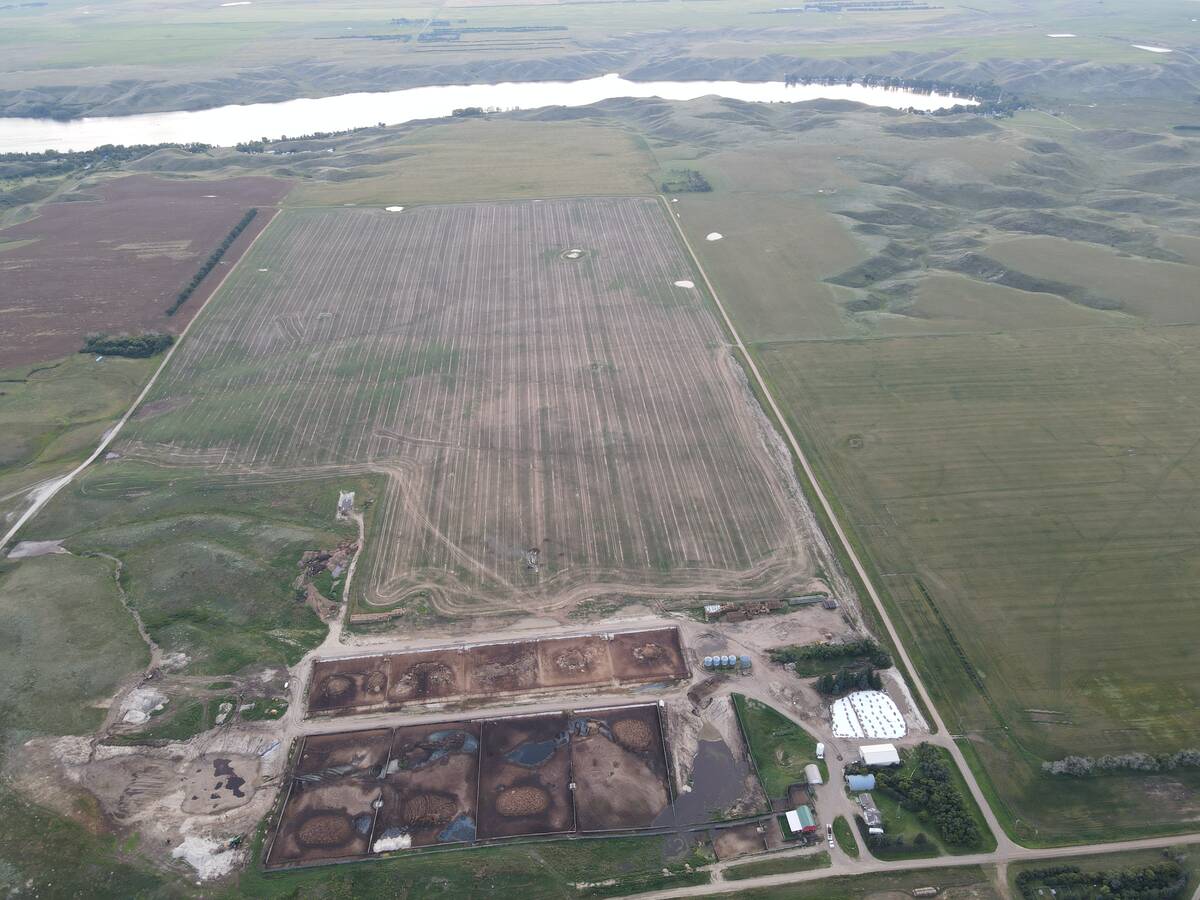Canada’s chief negotiator on international agriculture told a private meeting of farm leaders last week there is little chance significant progress can be made in World Trade Organization talks before a pivotal meeting of ministers in Mexico in September.
Trade observers warn there is a real danger that talks will break down and the entire WTO negotiation could be stalled if too many delicate political compromises are left to ministers at Cancun.
“It could be a disaster,” Canadian Federation of Agriculture president Bob Friesen said April 27 after a CFA trade committee meeting that featured an update from trade negotiator Steve Verheul.
Read Also

Saskatchewan RM declines feedlot application, cites bylaws
Already facing some community pushback, a proposed 2,000-head cattle feedlot south of Swift Current, Sask., has been rejected for a municipal permit, partly over zoning concerns about the minimum distance from a residence.
“He said there is almost no chance that talks will resume and meaningful progress will be made before September.”
For Canadian farm groups with an interest in seeing a new WTO agriculture agreement, that raises the spectre of a repeat of 1993 when the United States and the European Union broke an impasse by reaching a bilateral trade deal at London’s Blair House. The two then told the rest of the world to take it or leave it.
Other WTO members, including Canada, took it as the only possible deal but ended up signing a deeply flawed agreement that benefited the EU and the U.S. the most. WTO members who launched a new negotiation at Qatar in November 2001 said improving the last agricultural agreement is a key to progress in other trade areas this time.
The outline of an agricultural deal was to have been completed by March 31. Talks broke down in the face of countries’ refusal to compromise.
“If there is no multilateral progress, it does raise the fear of another Blair House and that would be the worst possible scenario,” said Friesen.
Yet like other countries, Canada remains unprepared to offer any concessions that might help get talks going again.
They all but collapsed at the end of March when a proposal by negotiation chair Stuart Harbinson of Hong Kong won approval from no countries.
Canada rejected it because it offered limited reductions in foreign tariffs while suggesting changes that would gut supply management protections and the ability of the Canadian Wheat Board to operate as an export monopoly.
Agriculture minister Lyle Vanclief has called on other countries to compromise, but has refused to budge off Canada’s opening position.
“No deal is better than a bad deal,” he said.
The government is receiving conflicting advice from nervous farm groups.
The export-oriented Canadian Agri-Food Trade Alliance is urging Ottawa to set an example by offering up some of supply management’s tariff protections for negotiation.
The CFA trade committee, representing both exporters and supply managed sectors, agreed last week that Ottawa should respond by finding allies at the WTO for Canada’s moderate position of seeking greater trade while allowing protection of trade-sensitive sectors.
“We have pledged to keep working to find allies for our position and we are urging the government to do the same,” said Friesen from his southwestern Manitoba farm.
“I think Canada’s middle ground can be sold to those nervous about a deal being imposed by the big players.”














